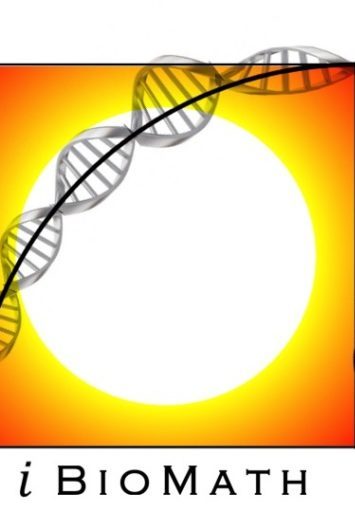Motivation
Currently, there is little dialogue between researchers from different fields in life sciences (biophysics, biochemistry, genetics, zoology, molecular and system biology and other) investigating living systems at different levels, and engineers and computer scientists building artificial systems that (according to them) are inspired from or mimic the biological ones. The models of the underlying systems are often different and specific, addressing a particular view or set of problems. But living systems are skilled at demonstrating emergent properties of the whole which are more than the parts, such as cognition and consciousness, and we cannot understand with just a single view or model. We need integral superposed models of such systems which can only come into being if multiple models at different scales are reconciled and adjusted to generate a more adequate picture. The proposed project brings together researchers in these different areas, forcing them to relate and adjust their work to the researchers in other areas.
Integral Biomathics is envisioned to discover and establish new relationships and deliver new insights into the interaction and interdependence between natural and artificial (human-created) phenomena for a number of scientific fields. It is expected to invent and develop new mathematical formalisms and provide a generalized epistemological framework and ecology for symbiotic research in life, physical, social and engineering sciences.
Our ambition is to unify classical mathematical biology with biomathics or biological mathematics (the study of mathematics as it occurs in biological systems) with system biology on the way to genuine biological system engineering. Our approach is a systemic one. It is about asking what is computing and cognition, and about understanding where the biological imperatives for them come from and lead to, rather than being about replicating some isolated aspects of them. In this regard, our goal differs from most present day efforts of biomimetics in automata and computation design such as neuromorphic engineering to develop autonomic systems by emulating a limited set of “organic” features using traditional mathematical methods and computational models.
We anticipate that the focus of this research will meet the interests of and (eventually) find broad acceptance in the scientific community. The project is expected to deliver answers to such questions as: (i) what is computation? – in biological context; (ii) how useful is a computation? – for living systems, where “usefulness” is studied from the viewpoint of the entity performing the computation; (iii) to what extent can a computation be carried out? – in an organism or an ecosystem, with the available resources (power, time, number of computing elements, etc.).

